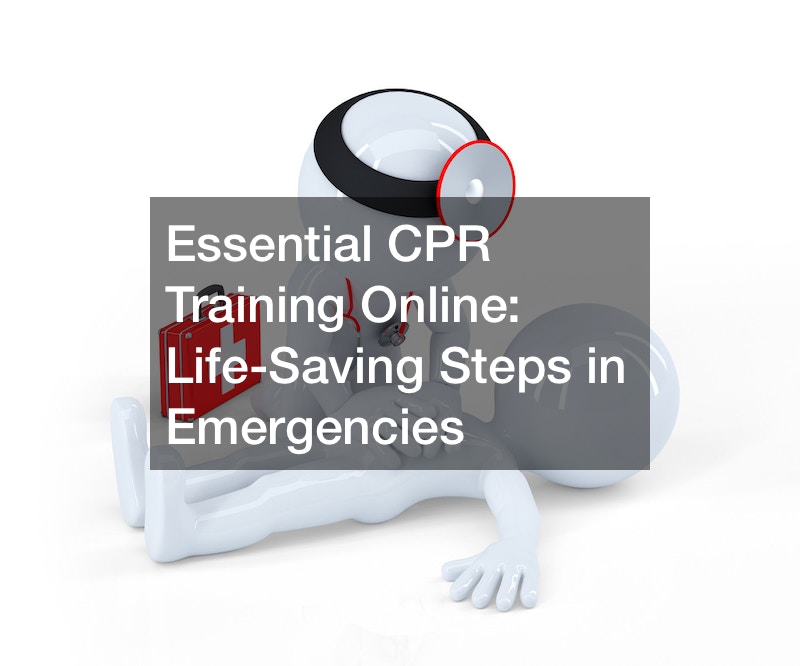Private schools play a significant and growing role in the educational landscape, offering families an alternative to public schooling. These institutions often promise a tailored education, advanced resources, and unique opportunities for students to thrive both academically and socially. However, with these perceived benefits come significant challenges, such as high tuition fees and limited accessibility for some families. As a result, the decision to enroll a child in a private school is often a complex one, requiring careful consideration of multiple factors. By examining the pros and cons of private schools, this article aims to empower families to make informed choices that support their child’s growth and long-term success.
The pros and cons of private schools vary widely depending on individual family needs, school offerings, and the priorities placed on certain aspects of learning, such as academic achievement, extracurricular opportunities, or the availability of specialized programs. For some families, private schools offer the structure, safety, and community they seek for their child’s development. For others, the financial burden or lack of inclusivity may outweigh the benefits.
Private schools are as diverse as the students they serve, ranging from religious-affiliated institutions and performing arts preschools to specialized early childhood learning centers. This diversity allows families to find programs that align with their values and goals. Yet, it also raises questions about equity, accessibility, and the overall impact of private schools on society.
What Defines a Private School?
Definition and Characteristics
A private school is an independent educational institution that operates without direct funding from the government. Instead, these schools rely on tuition fees, donations, and endowments. Private schools are characterized by their ability to set their own curricula, establish unique admissions processes, and often maintain smaller class sizes.
Types of Private Schools
Private schools come in many forms, including elementary schools, secondary schools, religious-affiliated institutions, and specialized schools, such as those focused on the performing arts or STEM (science, technology, engineering, and math). For instance, a performing arts preschool might cater to children interested in dance or music, while an early childhood learning center could provide tailored approaches for younger learners.
Private vs. Public Schools: Key Differences
When evaluating the pros and cons of private schools, the primary distinction between private and public schools lies in governance and funding. While public schools must adhere to state education standards and are funded by taxes, private schools enjoy greater autonomy, often resulting in diverse program offerings and teaching methodologies.
Enrollment and Demographic Trends
Enrollment in private schools has grown in recent years, with families often attracted by specialized programs, a focus on safety, and a sense of community. Demographics vary widely, but efforts to diversify through scholarships have broadened access for families of different socioeconomic backgrounds.
Financial Aspects and Tuition Fees
One of the most significant barriers to private school enrollment is cost. Tuition fees can range from several thousand to tens of thousands of dollars annually, often requiring careful financial planning or scholarships to make attendance feasible.
Why Do Parents Choose Private Schools?
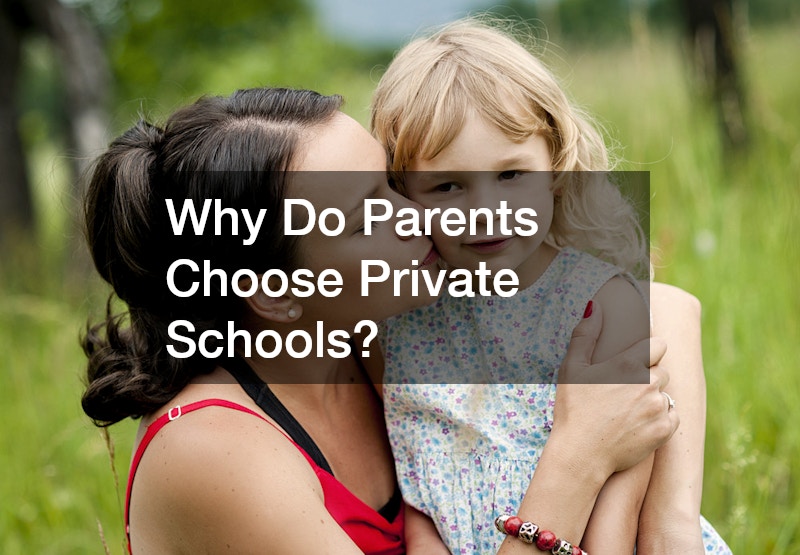
Academic Reputation and Results
One of the primary reasons parents choose private schools is the promise of academic excellence. Many private institutions boast higher standardized test scores and impressive graduation rates, which often become significant selling points. For parents, these academic outcomes signal that their children will receive an education that is more rigorous, better prepared for future challenges, and more likely to result in college acceptance or professional success.
Moreover, private schools often emphasize core subjects like math, science, and English, while integrating innovative approaches to learning. This could include an emphasis on project-based learning, critical thinking skills, and interdisciplinary teaching. Some schools also offer specialized programs, such as ACT prep courses, which help students prepare for standardized college admissions tests in a more focused and personalized way than what is available in many public schools.
Small Class Sizes and Individual Attention
Another key reason why parents choose private schools is the opportunity for small class sizes. Smaller class sizes are considered one of the most beneficial aspects of private education, as they allow for more individualized attention from teachers. In a smaller classroom setting, students are able to engage more deeply with the material and their peers, while teachers have the time to tailor their instruction to meet the needs of each student. This is particularly important for students who may need additional support in certain areas or those who are more advanced and require more challenging coursework to stay engaged.
Specialized Programs and Curricula
Private schools often offer specialized programs and curricula that align with students’ interests, talents, or needs. For example, a child interested in the arts may be drawn to a performing arts preschool, where they can engage in creative expression from a young age. For instance, many private schools offer opportunities for students to participate in custom rings design courses, where they can learn the art of jewelry making and work with professional instructors. Such unique programs allow students to acquire specialized skills that are not always available in public schools.
Safety and Environment
For many parents, the safety of their children is a top priority when selecting a school. Private schools are often perceived to have more controlled environments with better safety protocols in place. With fewer students and a more tightly-knit school community, private schools can create environments where bullying is less common, and where students feel safe to express themselves without fear of judgment.
Parental Involvement and Community
Parental involvement is another major factor that draws families to private schools. Private schools often cultivate a strong sense of community, where parents are encouraged to take an active role in their children’s education. This may include volunteering in classrooms, participating in school events, or serving on school committees. This level of involvement not only strengthens the bond between parents and the school but also creates a collaborative atmosphere where families, teachers, and staff work together to support students’ success.
Are Private Schools Better Academically?
Standardized Test Scores
Private schools often achieve higher standardized test scores than public schools, but this can be influenced by selective admissions policies.
Access to Resources and Facilities
State-of-the-art facilities and resources are common in private schools. For example, a well-equipped learning center might include advanced technology or specialized spaces for science and the arts.
Curriculum and Instructional Quality
Private schools have greater freedom to innovate their curricula, which can lead to more engaging and tailored learning experiences.
Teacher Qualifications and Experience
Teachers in private schools often hold advanced degrees or certifications in their fields, adding to the quality of instruction.
Success and College Admission Rates
Many private schools have strong relationships with colleges and universities, contributing to higher college admission rates for their students.
How Does Student Diversity Compare?
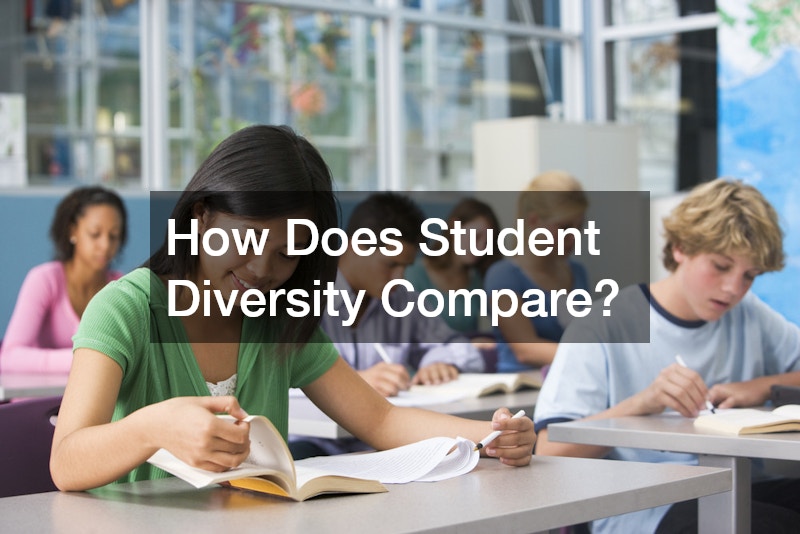
Demographic Composition
While historically less diverse, private schools have increased efforts to include students from a wide range of cultural and socioeconomic backgrounds.
Scholarship Programs and Diversity Initiatives
Scholarships and financial aid programs have made private schooling more accessible to underrepresented groups, promoting diversity.
Benefits and Challenges of Diversity
Diverse classrooms prepare students for the globalized world but can also present challenges in fostering inclusion and understanding.
What Are the Costs Involved?
Tuition Fees and Additional Expenses
The pros and cons of private schools can not be evaluated without considering pricing. Private schools often have substantial tuition fees, which can be a major burden for families. Additional costs, such as uniforms, extracurricular activities, and transportation, further add to the expense.
Comparing Costs with Public Schooling
Unlike public schools, which are free, private schools require significant financial commitment. Families must weigh whether the perceived benefits justify the costs.
Long-term Financial Impacts on Families
The financial strain of private schooling can impact savings for other priorities, such as retirement or college funds.
Investment and Value for Money
For many families, private schooling is seen as an investment in their child’s future. The quality of education, coupled with extracurricular opportunities, often makes it worthwhile.
How Does School Culture Differ?
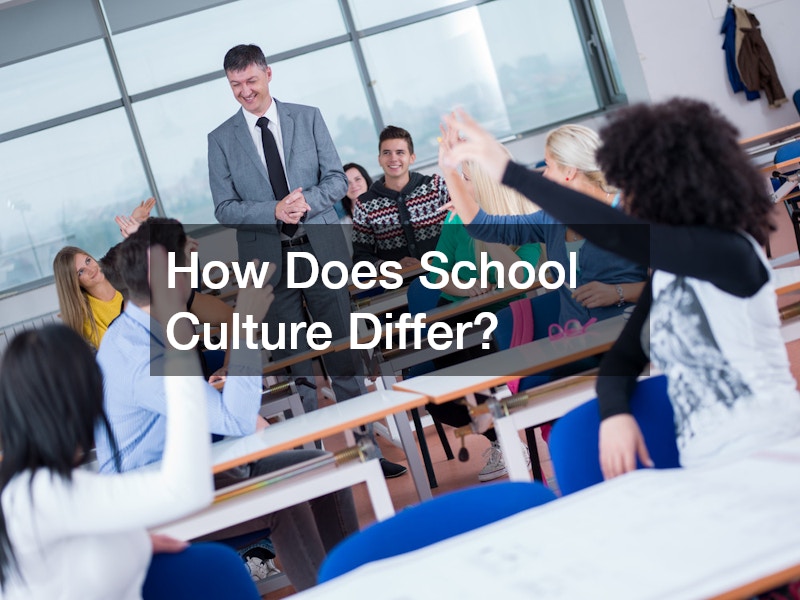
Traditions and Values
Private schools often emphasize traditions, fostering a strong sense of identity and belonging among students and alumni. These traditions can include annual events, community service projects, or school clean-up days, which are integral to building a sense of pride in the school community. For larger events, such as end-of-year celebrations or campus-wide clean-up efforts, private schools may also coordinate services like dumpster rental to manage the waste generated during these activities. Efficient waste management helps ensure the school environment remains tidy and welcoming, aligning with the school’s values of responsibility and sustainability.
Discipline and Behavioral Expectations
Strict behavioral expectations are common in private schools, which can contribute to a more structured learning environment.
Sense of Community and Belonging
Many private schools cultivate a close-knit community where students and families feel connected.
Extracurricular Activities and Teams
Private schools frequently offer extensive extracurricular opportunities, from athletics to arts programs, enabling students to explore their interests.
What Is the Role of Technology in Private Schools?
Access to Advanced Tools and Platforms
Private schools often leverage technology to enhance the educational experience, integrating cutting-edge tools and platforms to facilitate learning. However, they also recognize the importance of hands-on, real-world experiences for students. Some private schools may offer unique extracurricular programs that combine practical skills with technology, such as pet grooming workshops where students can learn the basics of animal care and grooming techniques. These types of programs help students develop practical skills outside the classroom, fostering a well-rounded education that prepares them for both academic and career opportunities.
Integration of Technology in Curricula
The integration of technology into curricula helps students develop critical digital skills needed in the modern world.
Technology Usage for Teaching and Learning
Innovative tools, such as virtual reality, are increasingly used in private schools to create immersive learning experiences.
Challenges and Limitations
Despite these advancements, the reliance on technology can sometimes overshadow traditional teaching methods.
What Are the Advantages for Teachers?
Work Environment and Conditions
Private schools often provide a supportive and collaborative work environment for teachers.
Professional Development Opportunities
Teachers in private schools typically have access to ongoing professional development, ensuring they remain at the forefront of educational practices.
Autonomy and Curriculum Flexibility
Private schools allow teachers greater autonomy in designing and delivering lessons, fostering creativity and innovation.
Student-Teacher Ratio and Relationships
Smaller class sizes enable teachers to form meaningful connections with students, enhancing the overall learning experience.
Work Environment and Conditions
In addition to the academic benefits, private schools often place a strong emphasis on the well-being of their staff, which can contribute to a positive work environment. Some private schools may partner with local healthcare providers to offer additional services, including family dental care options for staff and their families. This type of benefit can enhance teacher satisfaction and retention, as it shows a commitment to the health of the school community. Teachers and staff who feel well-supported in terms of their own health are more likely to perform at their best, fostering a positive learning environment for students.
What Are the Limitations of Private Schools?
Access to Education and Inequality
A deciding factor in the pros and cons of private schools is the fact that private school can perpetuate educational inequality, as high tuition fees exclude many families.
Limited Curriculum Flexibility
Some private schools focus heavily on specific programs, which may limit exposure to broader subjects.
Pressure and Competition
The emphasis on academic and extracurricular excellence can create a competitive environment, leading to stress for students.
Parental Expectations and Influence
Parents who invest heavily in private education may place undue pressure on both students and teachers.
How to Decide if a Private School is Right for Your Child?
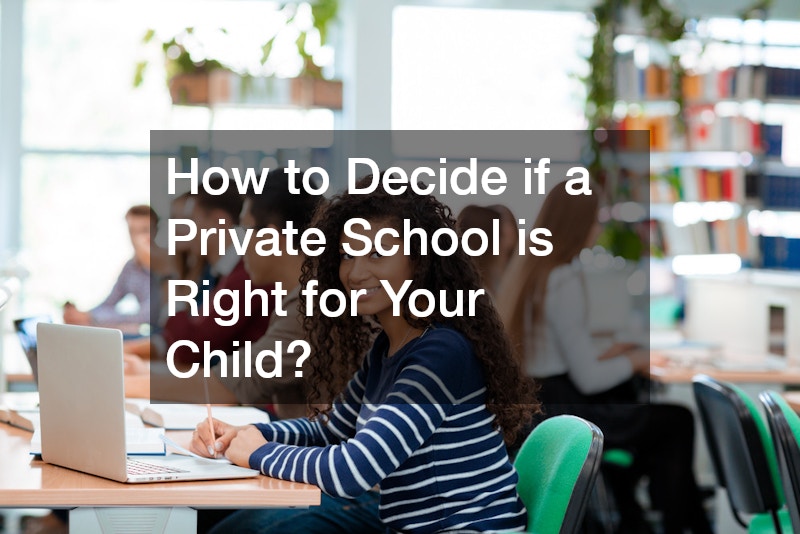
Assessing Your Child’s Needs and Interests
Understanding your child’s unique needs, such as academic goals, extracurricular interests, or special accommodations, is crucial when evaluating the pros and cons of private schools.
Researching School Options and Visiting
Touring schools and speaking with administrators, teachers, and current families can provide valuable insights.
Financial Considerations and Planning
Families should carefully evaluate their budgets and explore available financial aid options before committing to a private school.
Weighing Pros and Cons
By considering the pros and cons of private schools, families can determine whether the benefits outweigh the potential drawbacks.
Seeking Advice and Insights
Consulting with educational professionals or other parents can help families make an informed decision.
Private schools offer numerous advantages, including academic excellence, personalized instruction, and rich extracurricular opportunities. However, these benefits come with challenges, such as high costs and limited access for some families. By thoroughly evaluating the pros and cons of private schools, parents can make choices that best align with their child’s needs and family circumstances.
Ultimately, the decision to enroll in a private school requires a balance of priorities, including academic aspirations, financial planning, and personal values, ensuring the best possible outcome for the student’s educational journey. Weighing the pros and cons of private schools can help this become more clear.
